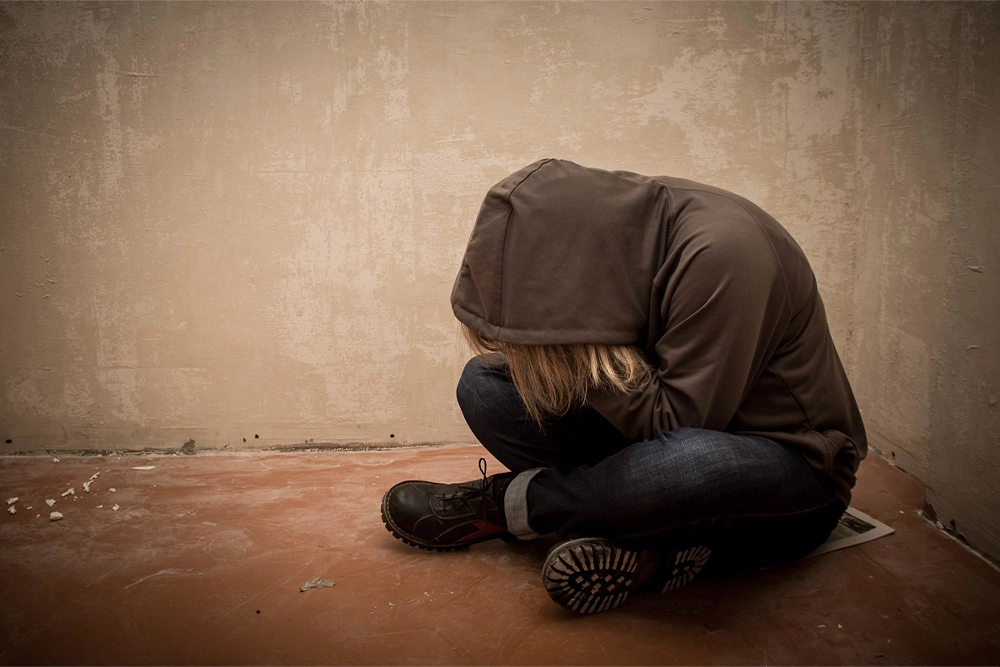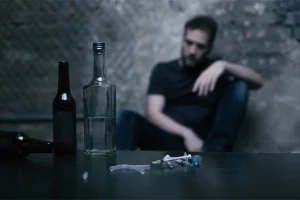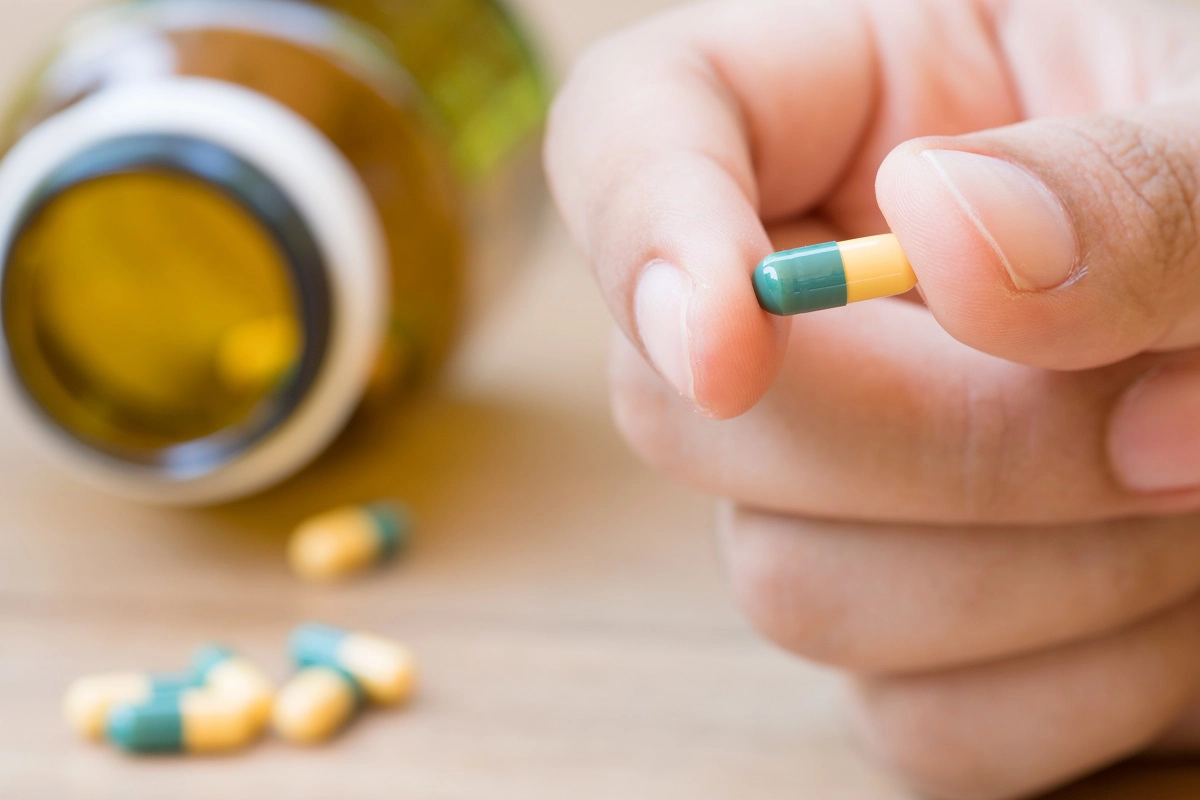The realities of the COVID-19 pandemic means that special considerations have to be made during addiction treatment. One area where proper attention has to be paid is when it comes to mood swings. During addiction recovery, mood swings can serve as dangerous triggers. To avoid this situation, it is important to find a way to prevent them.
The coronavirus has caused a global pandemic. All across the globe, countries are enforcing social distancing and lockdown rules. To save the planet, the world has to stay inside. As of the time of writing this, there is no known vaccine for the coronavirus.

As a result, it is normal for feelings of uncertainty and anxiety to creep in. If you are in the middle of addiction treatment, the possibility of intense feelings of uncertainty and anxiety are very real. These feelings can lead to mood swings that can affect your addiction recovery.
In the same vein, alcoholism, as well as substance addiction, rewire certain behavioural systems. As a result, many people experience mood swings during the early stages of sobriety. In this article, we will explore the meaning of mood swings. More importantly, we will show you how you can avoid them during the COVID-19 pandemic.
Related article: What’s Stopping People from Seeking Addiction Treatment?
What are Mood Swings?
Mood swings can be described as a sudden extreme change in the nature of a person’s mood. Typically, mood changes happen gradually. Although, even without addiction, it is possible for mood changes to be driven by certain conditions. For example, someone in a bad mood may find themselves considerably happy if they found that they won a lottery. In the same vein, a person in the midst of a good day may have their mood changed by news of an accident.
However, mood swings enhanced by addiction recovery are different. People suffering from mood swings often find that their moods are changed by less significant factors. Something as simple as a mobile phone going off can drastically cause a switch in the mood for a person in the middle of addiction treatment.
Similarly, people dealing with addiction recovery often find that they move between several moods very quickly. Typically, they oscillate between emotional lows and highs with increased frequency. Therefore, if you are dealing with addiction treatment in Vancouver, it is important that you look out for these signs.
Understanding Mood Swings and Why You Should Avoid them
In the middle of the pandemic, it is important to make sure that your addiction treatment is going smoothly. Scientists are still trying to explore the mechanism behind moods, emotions and addiction. Basically, emotions and moods are psychological responses that stem from specific brain regions.
Typically, moods are heavily influenced by past experiences and situations. This is why they are particularly dangerous to people recovering from addiction. During addiction recovery, there usually is a disconnect between previous experiences and the current state. As a result, there is a dissonance that leads to stress, confusion and mood swings that can affect sobriety.
As the body attempts to readjust to life without drugs, extreme mood changes are a reminder that your body is still used to a particular substance. If you were using drugs or alcohol to get rid of certain symptoms, experiences and feelings, these feelings are going to come back in the absence of drugs.

Extreme mood changes are especially dangerous for people that are going through addiction treatment. Here’s why you should take steps to combat them:
- Extreme mood changes are a common trigger for relapses. Typically, some individuals use it as an excuse to relapse.
- Intense moods can affect the overall judgement. When caught in a bad mood, it is possible to make the wrong decisions.
- Extreme mood changes can impact social interaction. During the COVID-19 pandemic, this can be doubly dangerous. Loneliness can be a trigger that leads to addiction relapse.
- Extreme mood swings can make life unbearable for most people. If this continues for a long time, there is a possibility that you may decide that staying sober isn’t worth it.
How to Deal With Mood Swings During the Pandemic
Treating the mood swings and emotional changes associated with the early stages of addiction recovery is important. As you work through addiction treatment, it is very likely that you will face unique emotional challenges.
The key to moving past these mood swings is to view them as an opportunity for growth. Additionally, you should take extra steps to build a support system. Your support system may be made up of family and friends that support your addiction recovery journey. Similarly, it may be made up of addiction recovery experts that can relate to the unique challenges that you are facing.
In this section, we will talk about some proactive steps that you can take to deal with mood swings when they start.
Meditation
Meditation is not just about sitting and staying silent for a number of minutes. It is an ancient discipline that will allow you to get better control over your emotions and feelings.
In fact, a good number of addiction services in Vancouver use meditation as a tool for battling addiction and the feelings that come with it. During the pandemic, with social distancing and lockdown rules in effect, it is normal for feelings of anxiety to change your mood.
However, practicing meditation means that you will have increased control over your reaction to these emotions. More importantly, it offers increased control over your thoughts and mind. This way, you will be able to avoid situations that can lead to mood swings and possible addiction relapse.
Exercise Regularly
With stress and mental exertion comes an inability to make the right decisions. This means that if you have mood swings, it is possible that you may take actions that you will eventually regret.
However, a regular exercise routine can help you prevent this from happening. Regular exercise and other activities will help you release excess stress and energy. Although the COVID-19 pandemic means that you can’t go out, there are simple indoor exercises that you can use to keep your mind off of unwanted situations.
Work with an Expert Therapist

More than most, expert therapists know how to deal with mood swings and uncomfortable situations that can cause a relapse. As part of your addiction treatment process, it is important that you seek expert help.
Although things are a bit different right now, there are online addiction support groups that can help you stay focused on your treatment. You don’t have to go out to get help. A simple video call or a phone conversation can provide you with the expert help you need!
Take it Easy on Yourself
You are not the first person to deal with addiction. In fact, mood swings and certain situations are a normal part of addiction treatment. Therefore, it is vital that you make things easy for yourself. Don’t put pressure on yourself. Take things step by step and count every sober day as a victory.
In Conclusion
Dealing with mood swings while trying to focus on addiction treatment is not as easy as it sounds. A simple situation can lead to relapse. However, working with expert therapists while following the steps outlined above will help you. Addiction Rehab is available to help you with all of your addiction treatment and recovery needs. Contact us today!
Related article: Top Effective Drug Addiction Treatments You Need to Know







